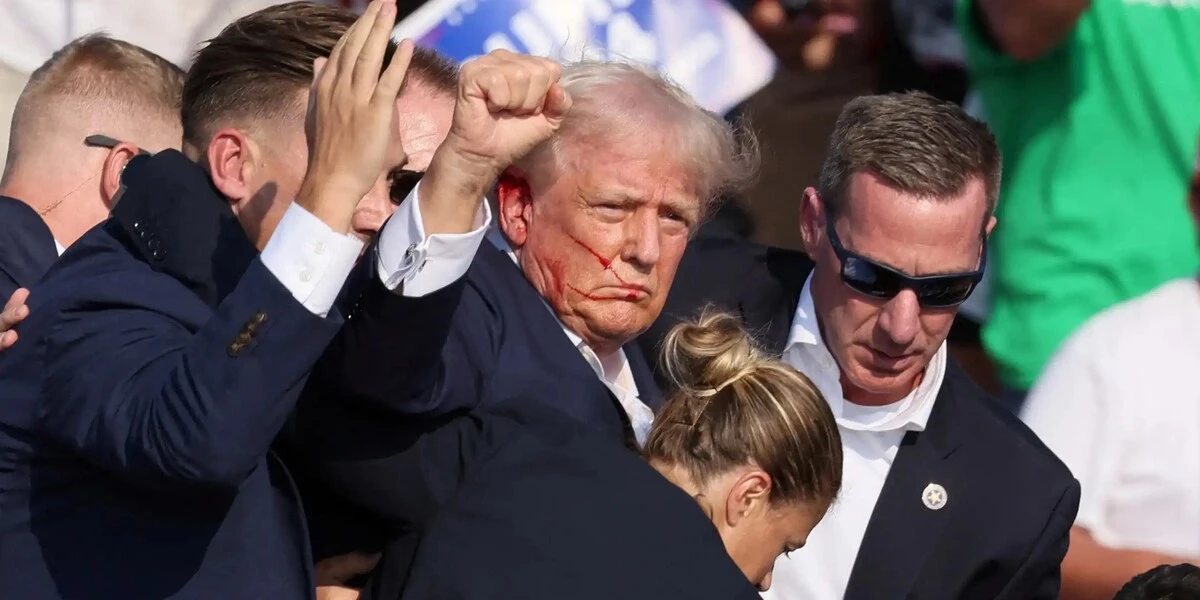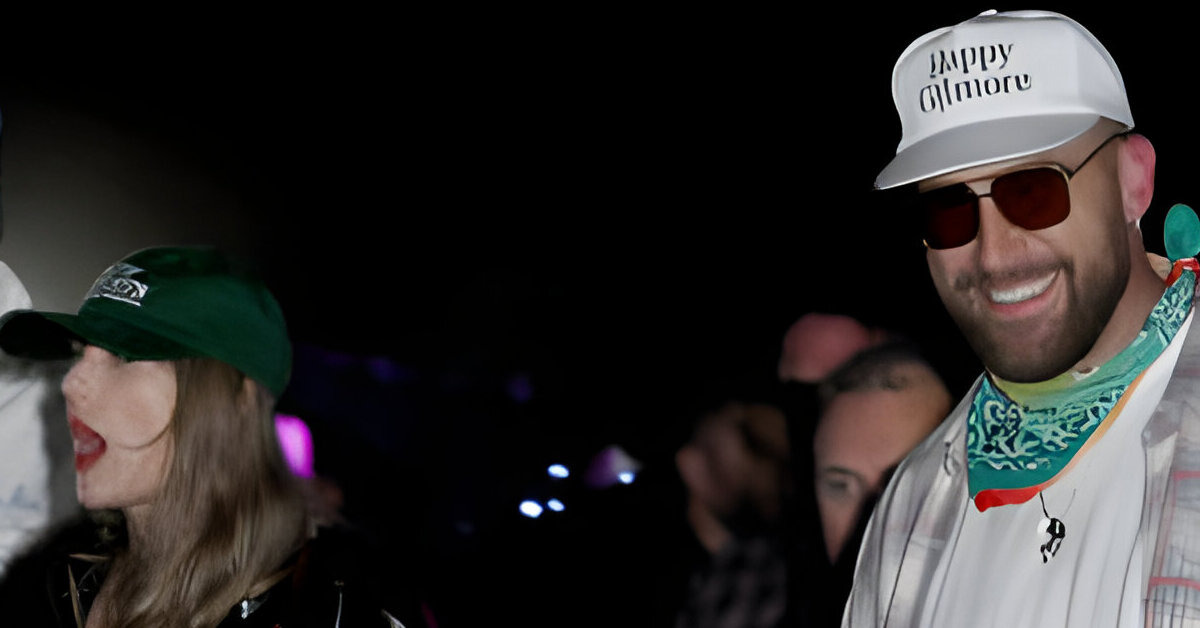Disney Slams Ron DeSantis’ Bid to Dodge Legal Battle

Ron DeSantis vs. Disney – Unraveling the Battle Over Control, Speech, and Accountability
In the heart of the Sunshine State, a clash of monumental proportions has taken center stage, pitting Florida Governor Ron DeSantis against entertainment juggernaut Walt Disney Co. The ongoing legal feud between the two giants has far-reaching implications, not only for their own fortunes but also for the realms of free speech, political accountability, and the delicate balance between corporate power and governmental authority.
The roots of this legal saga trace back to the contentious “Don’t Say Gay” bill introduced last year, a legislative move that ignited a nationwide firestorm. The bill, formally known as the Parental Rights in Education Act, was intended to restrict discussions on sexual orientation and gender identity in schools. However, critics promptly dubbed it the “Don’t Say Gay” bill, asserting that it stifled open dialogue on LGBTQ+ issues.
Disney, synonymous with beloved characters and captivating stories, was among the major corporations that publicly opposed the bill. Employees staged walkouts, and former CEO Bob Chapek announced the suspension of political contributions in Florida, signaling the company’s commitment to overturning the law. In this charged atmosphere, DeSantis’ subsequent actions came under scrutiny, leading to a series of legal volleys that continue to reverberate.
The pivotal moment arrived in April when Disney fired the first shot, filing a lawsuit against DeSantis in the U.S. District Court for the Northern District of Florida. The lawsuit contested the governor’s authority to wrest control from the company over its special taxing district, previously known as the Reedy Creek Improvement District. Disney claimed that these actions were retaliatory in nature, a response to the company’s vocal opposition to the “Don’t Say Gay” bill.
DeSantis, not one to back down from a confrontation, responded defiantly. He articulated that the battle was not solely about the “Don’t Say Gay” bill but rather a pursuit of fairness. The governor asserted that he aimed to place Disney on an equitable footing with other businesses in Florida, framing his actions as a rectification of long-overdue reform. This positioning formed the crux of his legal arguments against Disney’s claims.
Beyond the contours of the First Amendment, the legal showdown took an intriguing turn. Disney pivoted its claims to include violations of its contract and the unjust taking of its property without adequate compensation. Accusing DeSantis and his legislative allies of acting without “legitimate state interest,” Disney contended that their actions breached the 14th Amendment’s Due Process clause. This nuanced perspective added layers of complexity to an already intricate legal narrative.
DeSantis’ legal team, however, was swift to counter. They labeled Disney’s allegations as “meritless” and reaffirmed their stance that the governor’s actions were not retaliatory but rather rooted in a broader pursuit of fairness and equality. DeSantis’ attorneys emphasized that the governor’s exercise of authority aimed to dismantle a special taxing district that granted Disney unparalleled autonomy, positioning the lawsuit as a “last-ditch power grab” by the company.
As the legal battle unfolds, one fundamental question emerges: Can a governor and a state be held accountable for their defiance of cherished liberties? Disney’s legal representatives posed this question as they challenged the immunity sought by DeSantis in recent filings. The lawsuit’s focus expanded beyond the specifics of the “Don’t Say Gay” bill, encapsulating the essence of political accountability and the boundaries of governmental power.
Amidst the labyrinthine legal proceedings, another dimension adds intrigue to the narrative. The renaming of the Central Florida Tourism Oversight District, following DeSantis’ takeover, has cascading implications. The board responsible for the renamed district grapples with the aftermath of the takeover, including financial challenges stemming from litigation costs. The prospect of cutting funds for law enforcement officers patrolling Disney properties injects a practical dimension into the saga’s consequences.
Finally, the clash between Ron DeSantis and Disney resonates beyond the confines of a legal dispute. It delves into the intricacies of free speech, accountability, corporate influence, and the role of government in shaping the contours of public discourse. The clash highlights a pivotal juncture in American society, where the intersection of political power and corporate interests defines the landscape in ways that challenge conventional wisdom. As the legal battle surges ahead, the implications for both entities and the broader fabric of American democracy remain uncertain, making this clash of titans a saga worth watching.



